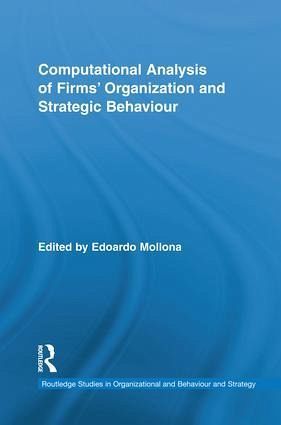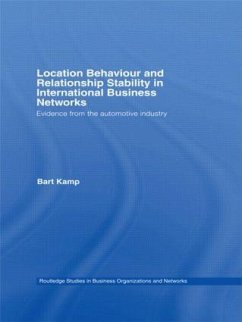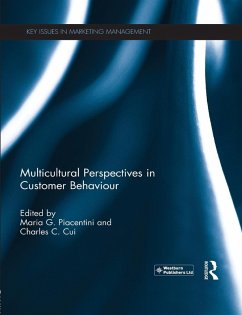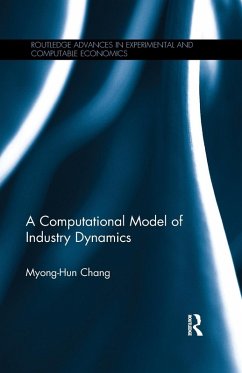
Computational Analysis of Firms' Organization and Strategic Behaviour
Versandkostenfrei!
Versandfertig in 1-2 Wochen
70,99 €
inkl. MwSt.
Weitere Ausgaben:

PAYBACK Punkte
35 °P sammeln!
Management and organization theories have, in the years, developed rich methodological paraphernalia to test hypotheses. This book addresses possible applications of computer simulation to theory building in management and organizational theory.














